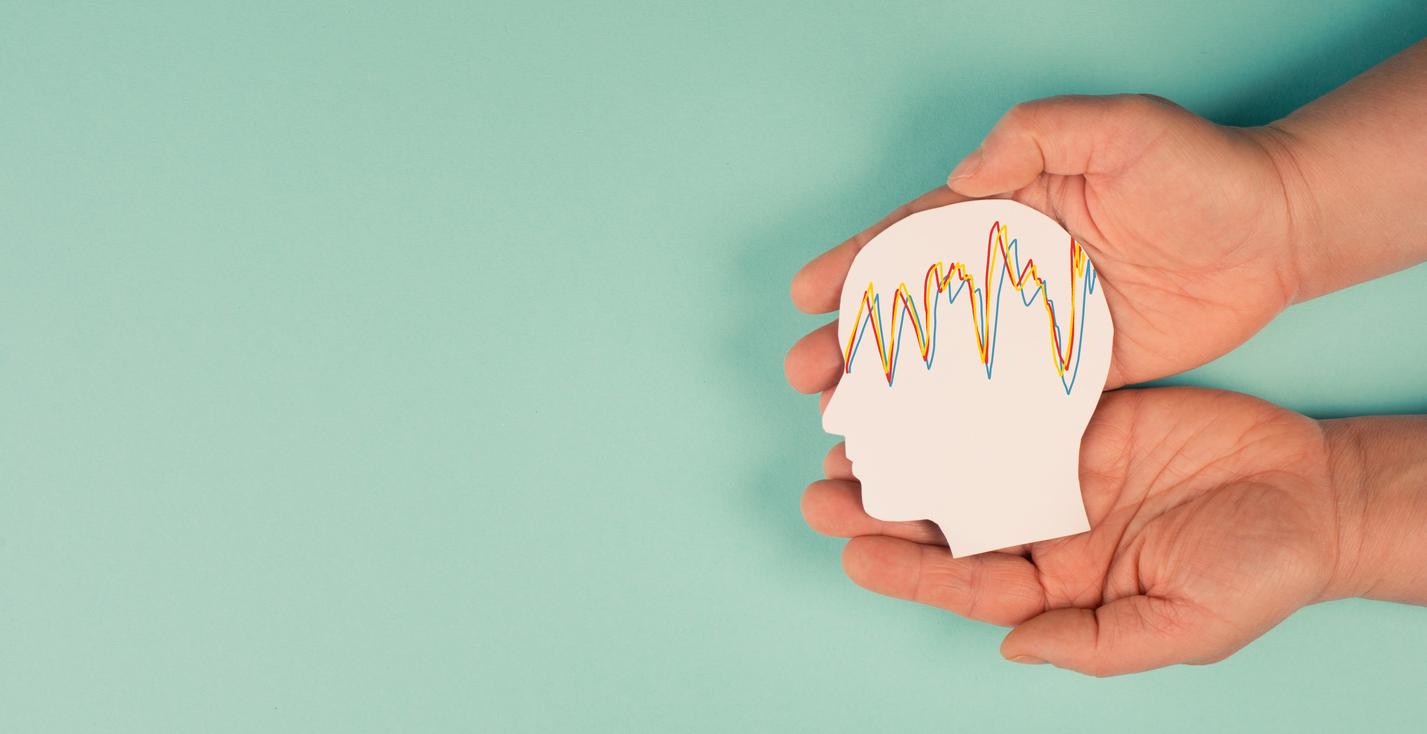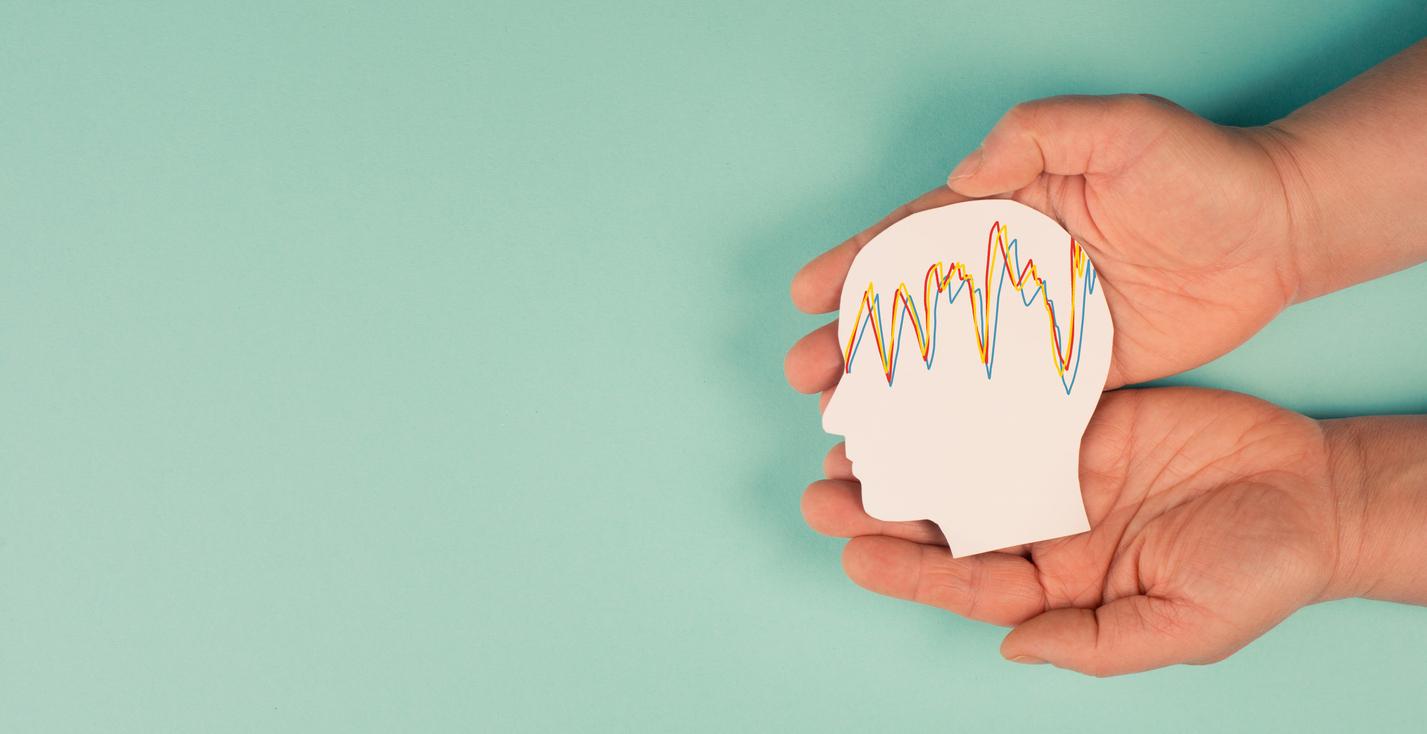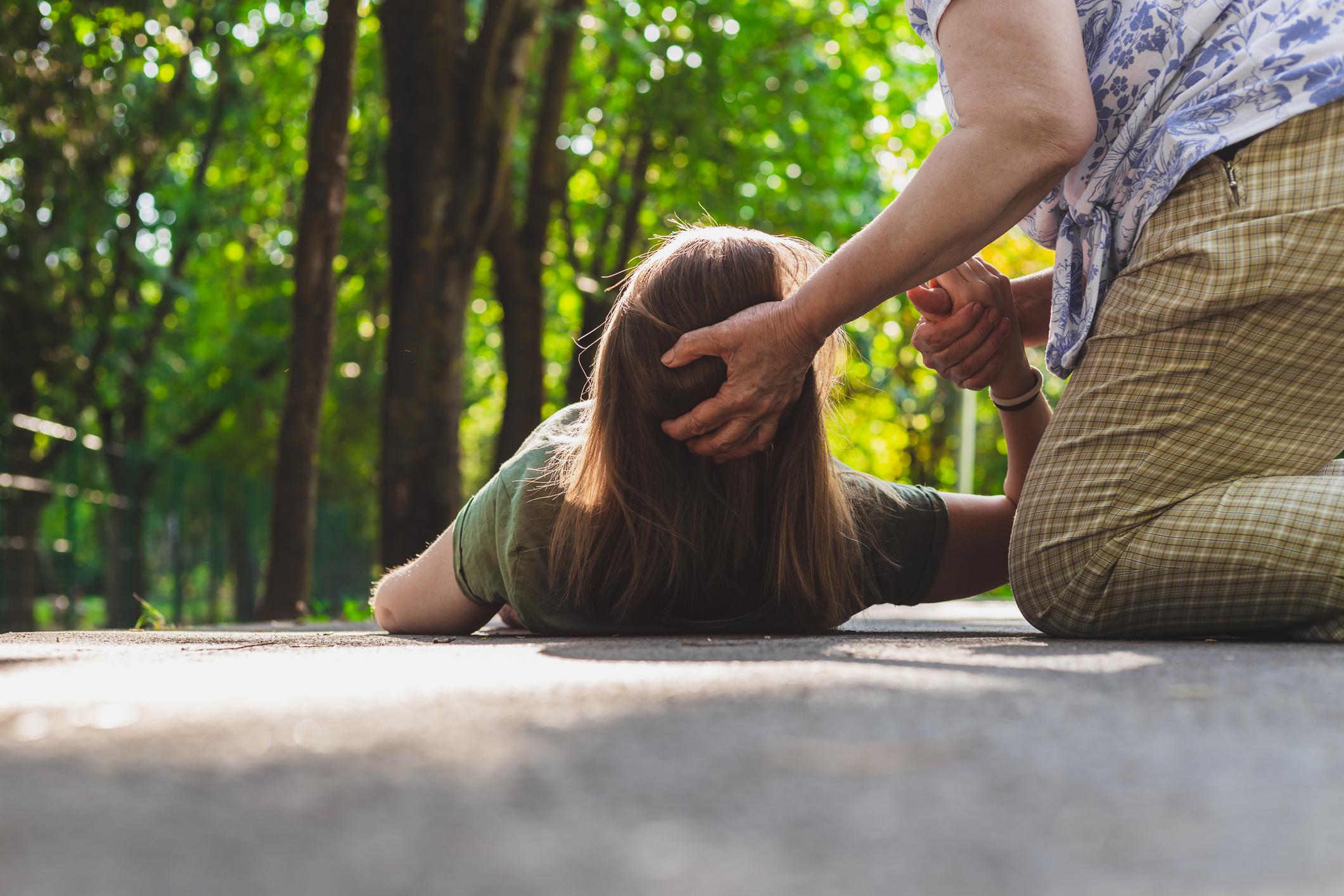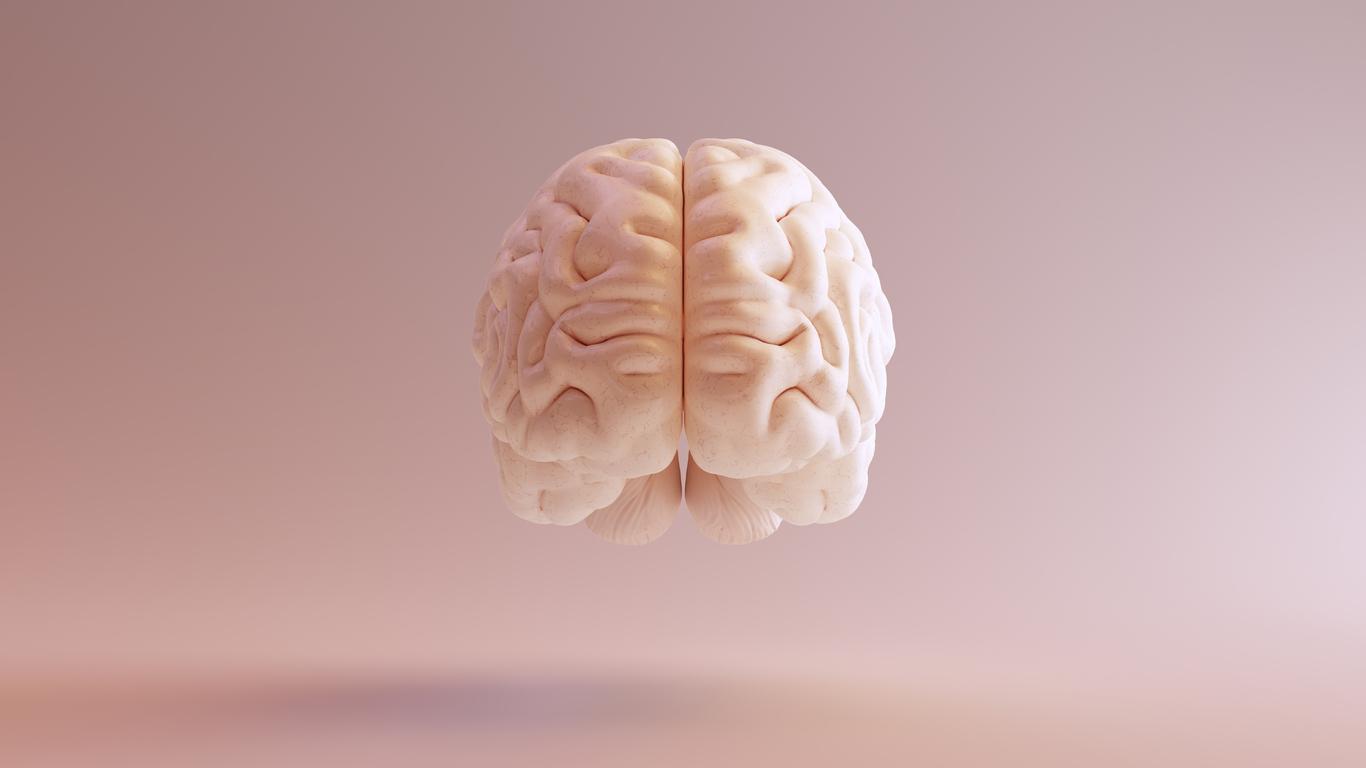Treating epileptic seizures with cannabis derivatives: in many countries, including France, this is already possible. But the subject still tenses when the patients are children.

- Although it has shown its effectiveness in limiting epileptic seizures in children, the use of therapeutic cannabis in these young patients is arousing debate.
- In a recently published advisory, researchers express reservations about the effectiveness of this alternative treatment and fear that children with epilepsy are being used as a “Trojan horse” for the cannabis industry.
Affecting approximately 700,000 people in France, epilepsy is the most common neurological disorder after migraine. Children are not spared. Each year, 4,000 of them under the age of 10 develop a disorder characterized by the onset of sudden and generalized seizures with loss of consciousness and repeated muscle twitches, or absences and loss of contact.
Today, epilepsy is better understood and controlled by medication. One of them, Epidyolex, is particularly recommended for two types of epilepsy: Lennox-Gastaut and Dravet syndromes, which appear from early childhood. Despite having received a favorable opinion from the health authorities of several countries in 2018, including the Haute Autorité Sanitaire (HAS) in France, the National Health Service (NHS) in Great Britain and the Food and Drug Administration ( FDA) in the United States, Epidyolex still raises questions. Is the use of therapeutic cannabis really recommended when prescribed to children? In a review published in the journal Developmental Medicine & Child Neurologyresearchers explore the science behind cannabis medicinal products in pediatric epilepsies and highlight areas that merit further research.
The authors looked in particular at the prescription context for these products. They found that the lack of high-quality evidence for efficacy and safety is the main barrier to prescribing.
They stress that unauthorized medicinal cannabis products should not circumvent normal regulatory requirements before being prescribed and are also concerned that children with epilepsy are at risk of being used as a “Trojan horse” for the cannabis industry, with the widespread acceptance of medicinal cannabis accelerating the wider legalization of marijuana and opening up a very lucrative commercial market.
Conflicting studies
This is not the first time that the use of therapeutic cannabis to relieve epileptic seizures has been debated. In 2018, the results of a phase 3 randomized trial conducted at Massachusetts General Hospital and published in The Lancet showed that cannabidiol, one of the molecules of cannabis, combined with “classic” anti-epileptic treatments, made it possible to reduce the frequency of seizures in patients with Lennox-Gastaut syndrome. The group taking this combination of treatment had seen the number of seizures reduced by 43.9%, against 21.8% for the group taking the placebo.
Conversely, in Canada, a recommendation from doctors, pharmacists and nurses, published in February 2018, warns against medical cannabis. According to this group of health professionals, the positive effects of medical cannabis are compromised by the disadvantages of these same treatments. According to them, medical cannabinoids would be effective only in certain patients and in very specific cases.
Another study, Israeli, for its part concluded that the effectiveness of therapeutic cannabis in patients suffering from epilepsy is limited because of the risk of addiction.

Below, the program Questions aux Experts on the theme: “Epilepsy, a disease still poorly understood”
.

















